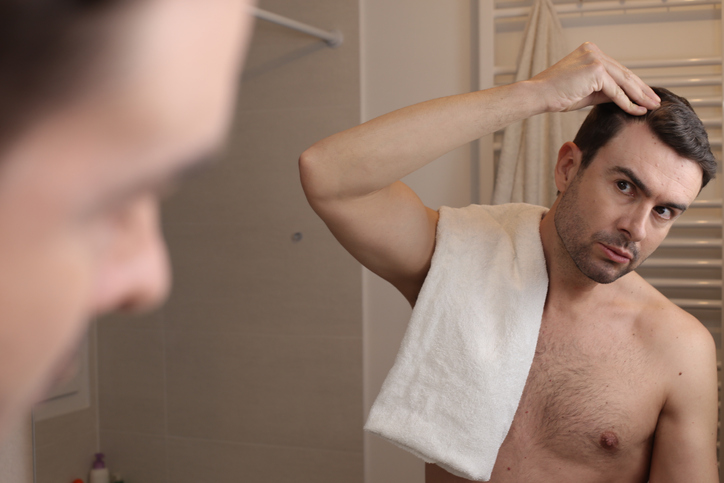
Even though the success rate of hair transplants is relatively high, there is still a considerable possibility of failure. Knowing the potential reasons behind a botched hair transplant can help you make a better decision throughout your hair transplant journey. A diverse range of factors can cause hair transplants to fail, including graft rejection, eligibility for hair transplant, non-realistic expectations, poor post-hair transplant care, and inexperienced clinics.
1- Hair Transplant Graft Rejection
Some patients can experience hair transplant graft rejection. Rejected hair implants lead to a failed hair transplant operation and unsatisfactory results. This condition can be linked to a disease called Lichen planopilaris (LLP) that may cause graft rejection. LLP is known as a type of primary scarring alopecia. This disease leads to inflammation at the upper regions of the hair follicle, which causes the hair follicles to be replaced by scar tissue. Although it has not been proven yet, some connections between the hair transplant procedure and the development of Lichen planopilaris have been established.
2- Not Being Eligible for Hair Transplant
Your general health and the specific condition of your hair greatly affect the outcome of your operation. The most important requirements for a hair transplant are having a healthy and suitable donor area, being younger than 65 years of age (which may vary), and not having blood-borne illnesses or hemophilia.
The donor area does not offer enough grafts: This situation occurs if the surgeon does not perform a thorough preliminary study. A comprehensive study of the donor area is essential to determine if there are enough grafts to cover the recipient area.
The donor area has poor quality grafts: To determine if the grafts in the donor area are of good quality (thickness, a low number of follicles per graft, etc.), a prior clinical examination is essential. If the clinical examination is not performed or is performed poorly, this can lead to failed hair transplants.
The implantation method is not mastered: For the hair transplant to succeed, the expert team must master the hair transplant technique, whether it is a Sapphire and/or metal blade procedure, or a DIH. If not, the hair transplant surgery can result in a doll-like effect and poor or no regrowth.
The follicular unit extraction method is not controlled: This risk, often ignored, is very serious. Poor extraction of grafts can prevent any new graft attempts afterwards. This risk is particularly common in low-cost hair transplant clinics and when the teams do not have the necessary experience to perform a hair transplant procedure.
Non-compliance with sanitary and sterilization rules: Compliance with sanitary rules is essential to guarantee the safety and results of the hair loss treatment. If the sanitary rules are not respected, the patient runs the risk of tissue necrosis and/or several types of infections. The hair transplant in Turkey will be unsuccessful, with heavy aesthetic and health consequences.
3- Non-realistic Expectations
The outcome of your surgery will heavily depend on the specific condition of your hair. Understanding the limitations of your condition and avoiding non-realistic expectations eliminates the chance of unsatisfactory results. To avoid a hair transplant result that may seem "unsuccessful" to you, make sure that you openly communicate your goals and expectations with your surgeon. Your surgeon can advise you on what you can truly achieve with your hair transplant operation and can warn you about unrealistic goals. For example, if you don't have a sufficient number of donor grafts, it might be misleading to hope for high hair density.
4- Poor Post-Hair Transplant Care
Following your surgeon's instructions after your hair transplant operation is an integral part of a successful hair transplant. Proper post-hair transplant care should support the newly transplanted hair follicles, aid in the healing process of both donor and target areas, and minimize damage to the hair follicles as much as possible. To ensure that you are giving your newly transplanted hair the care it needs, you can check our article on do's and don'ts after a hair transplant.
After your operation, adjusting your sleeping position to avoid any friction on the transplant areas can reduce the chance of hair fall. This way, you can protect the hair follicles and reduce post-operation swelling. Similarly, it is important to avoid putting pressure on or causing tension in the first few weeks after your surgery to protect the hair follicles.
Include avoiding strenuous activities, alcohol, extremely hot or cold showers, and sun exposure to ensure proper aftercare that leads to better hair transplant results.
5- Inexperienced Surgeon or Clinic
A failed hair transplant can also be the result of choosing the wrong clinic. Because hair transplants are a popular procedure, many clinics and surgeons have started offering hair transplant operations. However, not all of these clinics are experienced and professional enough to provide you with a great hair transplant result.
An inexperienced clinic may extract the wrong donor grafts that would not perform well after the transplantation process or may overharvest the donor area. This can lead to higher shedding rates and unsatisfactory results. In addition to choosing the right donor grafts, they also need to be handled properly and stored in a suitable environment during your operation. Failure to protect the extracted hair grafts increases the risk of shock trauma and leads to post-surgery hair loss.
-
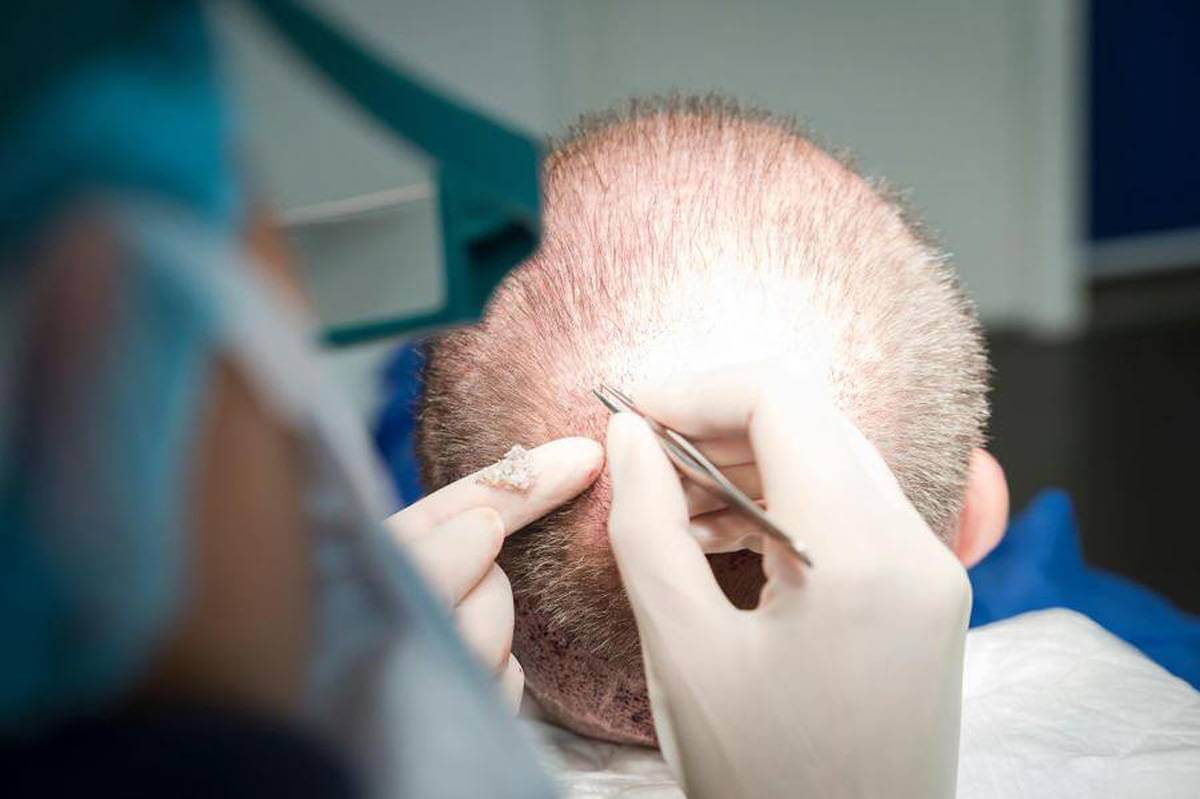 Hair Loss In Women
Hair Loss In WomenHair loss in women is different than in men. In this article, we will talk about the ca... Read More
-
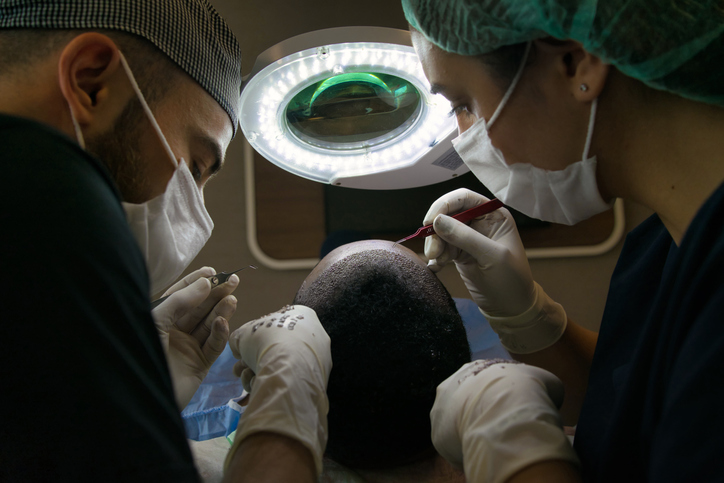 Why turkey is famous for hair transplant surgeries?
Why turkey is famous for hair transplant surgeries?1- The first reason for this is that Turkey offers many surgical treatments at signific... Read More
-
 Elon Musk’s Hair Revelation: How It Redefined His Confidence and Style?
Elon Musk’s Hair Revelation: How It Redefined His Confidence and Style?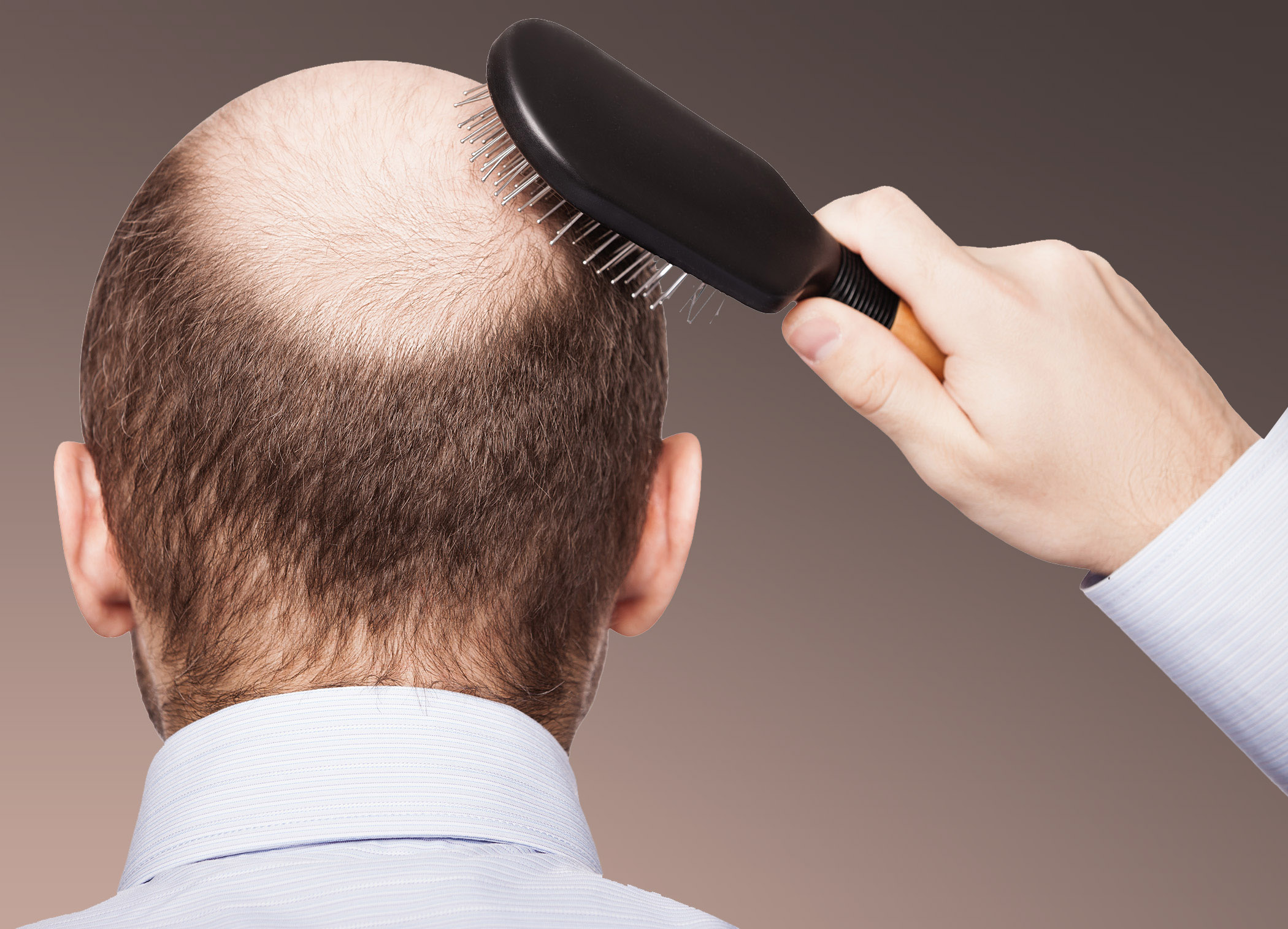 Hair Transplant Advantages in Istanbul
Hair Transplant Advantages in IstanbulHair transplantation is the most effective method for people experiencing hair loss. Th... Read More
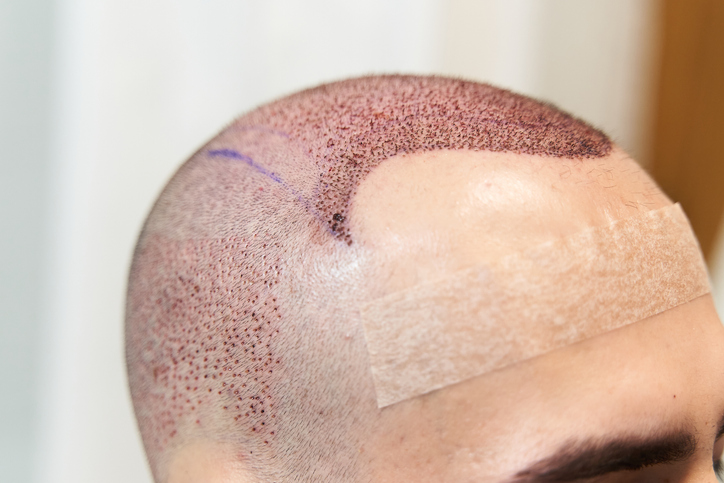 Will transplanted hair fall out?
Will transplanted hair fall out?Yes, while a hair transplant is permanent in almost all cases, some individuals may exp... Read More
 QUESTIONS ABOUT HAIR TRANSPLANT?
QUESTIONS ABOUT HAIR TRANSPLANT?1- HOW MANY HAIRS ARE IN 1 GRAFT ?
A... Read More

